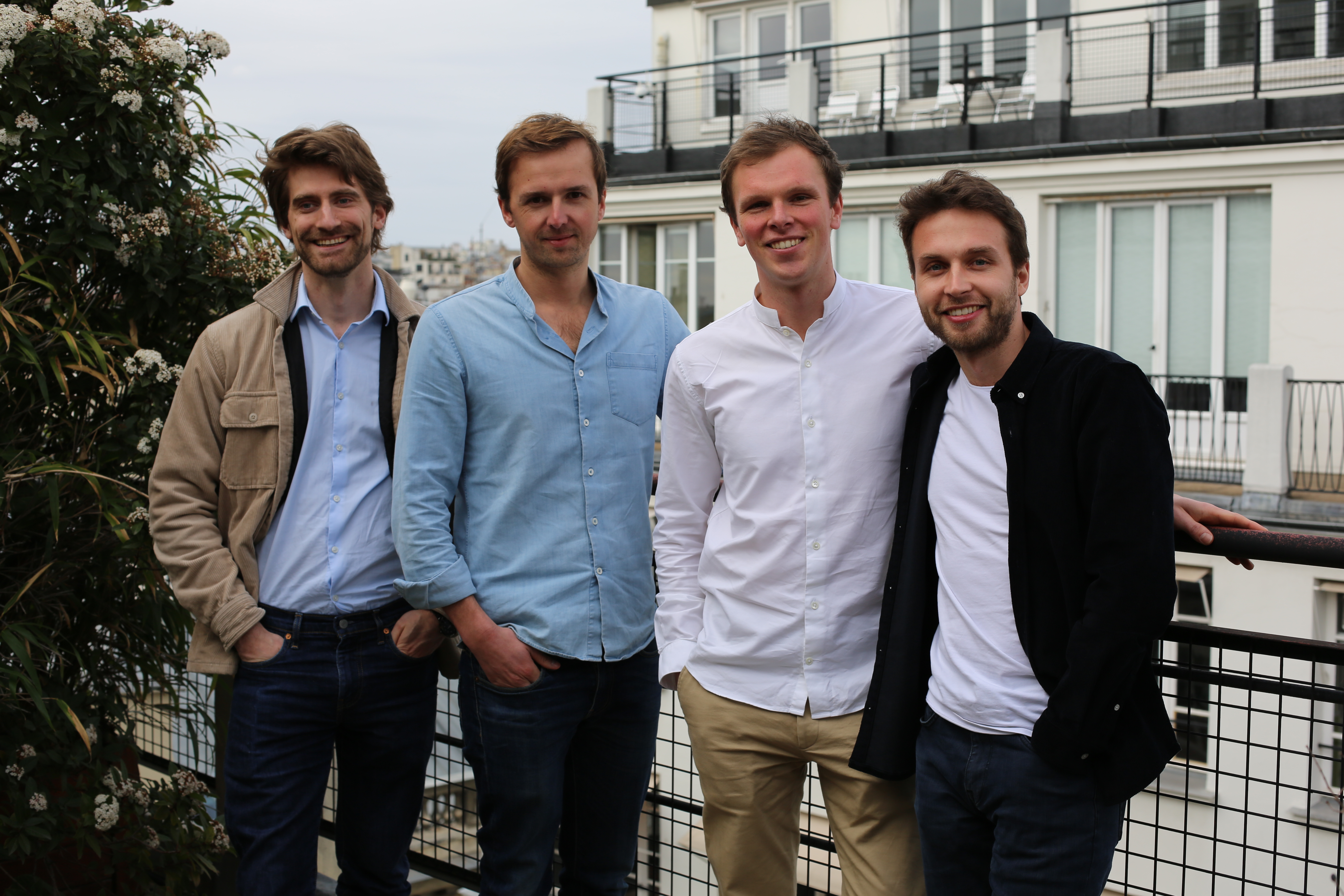Meet Bastion, a French startup founded in October 2022 to help small businesses tackle cybersecurity risks without too much complexity. The company was founded by former Palantir employees and has already raised $2.8 million.
What makes Bastion different from other cybersecurity startups is that it aims to be your first and last cybersecurity subscription. It bundles several products that all revolve around cybersecurity risks with a software-as-a-service approach.
First, Global Founders Capital, Kima Ventures and Motier Ventures invested in the company, as did several business angels, such as Denis Duverne, Joshua Motta, Renaud Deraison and Gaëlle Olivier.
At Palantir, the four co-founders Arnaud Fournier, Arnaud Drizard, Sébastien Duc and Robin Costé were already involved in cybersecurity in one way or another. Some of them were part of a small team responsible for cybersecurity, excluding governments and government departments. One of them was responsible for anti-fraud offerings for major banks and insurance companies.
“Companies we talk to tell us, ‘We have an insurance broker, an accountant, why should we have multiple cybersecurity products?’” co-founder and CEO Arnaud Fournier told me.
If you want to lock your bike in a big city, you can use three different locks to make sure the wheels are secure and the bike itself is secured to a post. This way you can be almost 100% sure that your bike will not be stolen.
Or you can buy a good U-lock to make sure it’s more securely attached than most bikes. And this is Bastion.
Essentially, Bastion’s ideal customer just wants to make sure their business is secure and that there isn’t a major vulnerability that could end up causing a major mess.
Bastion currently has four different modules. First, the startup conducts phishing simulation tests because many security vulnerabilities are caused by employee handouts of credentials. With this training module, Bastion competes with Riot.
Second, Bastion scans your infrastructure and web applications to ensure that your attack surface is as small as possible. The company provides you with a list of solutions to improve your configuration.
Third, Bastion scans and protects endpoints, such as employee laptops. “We provide an EDR solution, which is a kind of enhanced antivirus tool with a team watching what is happening in real time,” said Fournier. EDR stands for ‘endpoint detection and response’. For this product, Bastion works together with a white-label EDR provider.
And finally, Bastion wants to help companies monitor incoming e-mails with its fourth module. At the moment, customers can forward suspicious emails so that they know for sure whether it is a legitimate email or not. At some point, the startup also wants to help you set up filters on incoming emails so they don’t even show up in your employees’ inboxes.
“For some of these products, we found that existing products on the market were very expensive for what they offered. We use open-source building blocks or we rebuild 80% of what is needed,” says Fournier.
Bastion offers the entire suite for approximately €10 per employee per month. This is not cheap, but some companies may choose to subscribe to some of what Bastion has to offer.
Interestingly, the company has no plans to sell its product directly to small businesses. Instead, the company partners with outsourced security service providers, banks, insurance companies and more.
In the coming months, Bastion plans to build a network of partners who are already helping small and medium-sized businesses and who can also sell Bastion to their own customers. And of course there will be new features and product improvements as well.

Image Credits: Bastion
Janice has been with businesskinda for 5 years, writing copy for client websites, blog posts, EDMs and other mediums to engage readers and encourage action. By collaborating with clients, our SEO manager and the wider businesskinda team, Janice seeks to understand an audience before creating memorable, persuasive copy.

